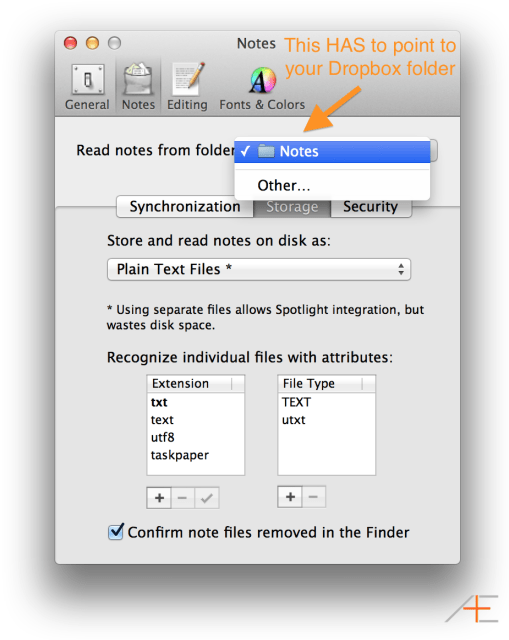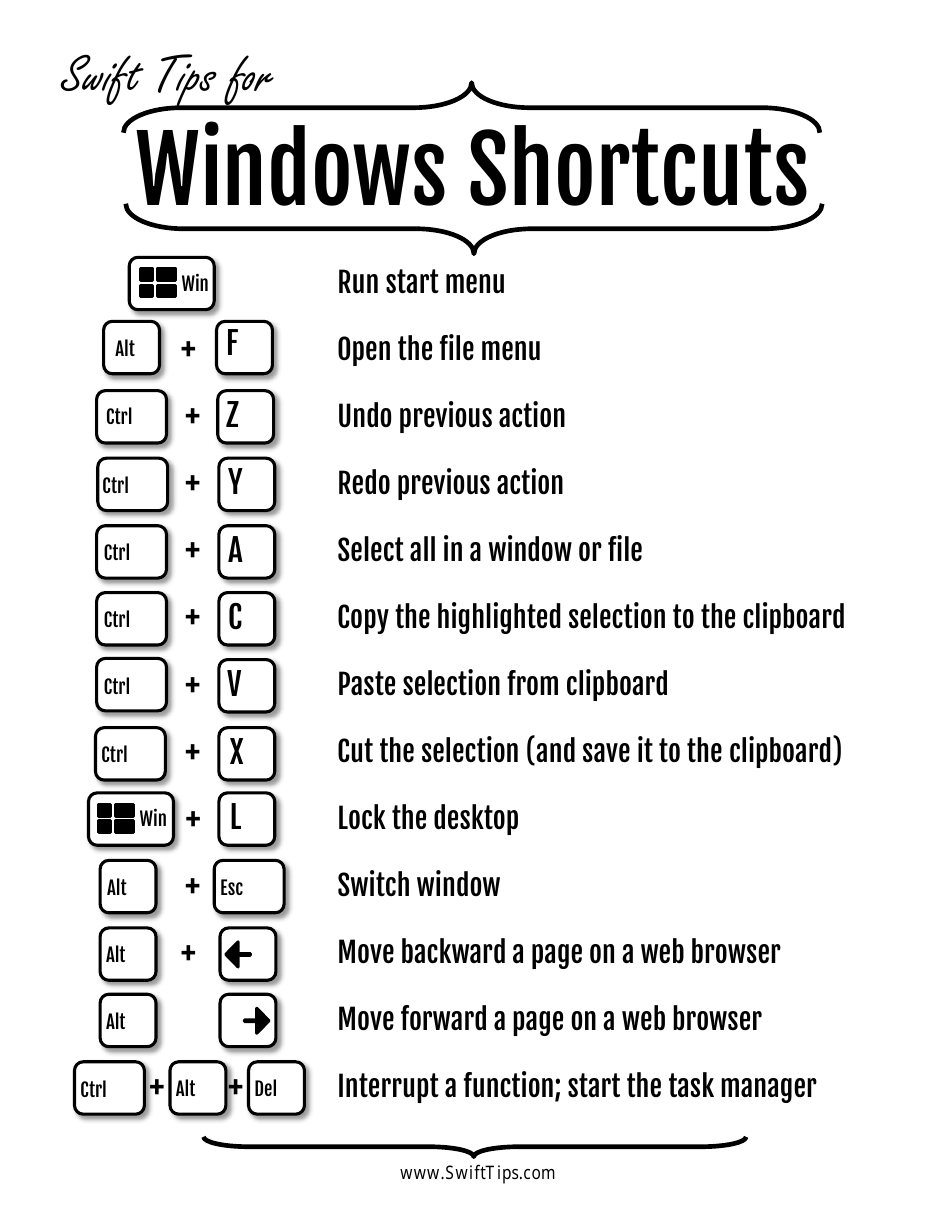
It’s got a great interface for writing in Markdown, and a built-in preview mode for seeing the content rendered as HTML. Byword: Used for longer-form editing, basically once something reaches the stage of an official piece of content like an article or guide, more than lists or scratch notes.It’s an unfancy writing tool for longform stuff, but the key is that there’s minimal friction between thought or idea and it being instantly captured in a reliable place. With quick keyboard shortcuts, every time I make a file it just appears in my txt directory in Dropbox, which other apps (including mobile ones) can have access to. If I jump on a phone call, I pop open nvALT and create a new text file to log notes.

It’s typically the initial scratch pad while I’m on my Mac. Since I write everything in plain text files, this editor from Brett Terpstra is my go-to for fast access to making new files.

#Shortcut to open nvalt file in other editor code#
Just like with todo lists, code editors, and online courses, another tool in the belt doesn’t make you a better producer… producing makes you a better producer 1. I try to prevent myself from getting distracted with whatever the new “app of the week” is for text editing, and while having the proper tools is important, if your process ain’t broke, don’t fix it. Remember that the tools don’t make you write. About 90% of writing is thinking, so being able to flexibly organize thoughts without fighting with tools is paramount to productive writing. I try tons of new tools all the time, and I’ve converted through different tools over the years. If the destination for a block of content I wrote doesn’t work with Markdown, most tools have a “copy plain text” option that I’ll use if I want the raw words to format inside of another application ( *cough* Microsoft Word *cough*).Īnyway, onto the geeky stuff… Tools, we all love tools So when I paste an unordered list from a note I made somewhere into a web document, it’s already formatted. All of them accept Markdown as input, so I’ve just formed a habit over the years where I write everything that way. I write for Jekyll-based websites quite a bit, I write issues and wiki pages on GitHub, I keep my personal journal in Day One, and several other places. It’s essentially muscle memory at this point.

I write a ton on the computer, whether it’s for our product blog, internal documents, product help guides, this blog (rarely), or many other things, I tend to stick to the same set of tools for different pieces of my writing workflow.Įverything I write, even things like meeting notes only for myself, I write in Markdown.


 0 kommentar(er)
0 kommentar(er)
